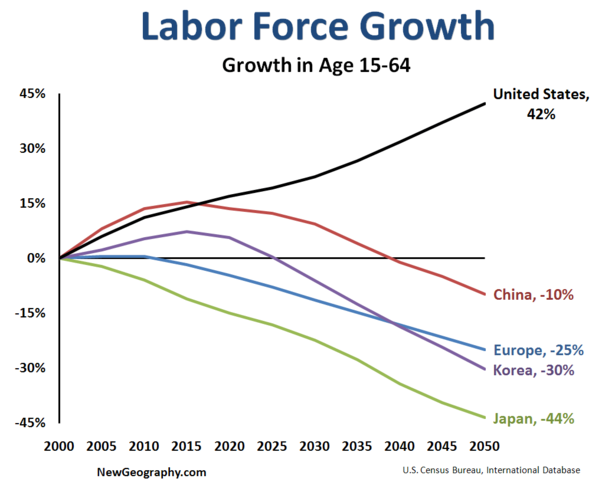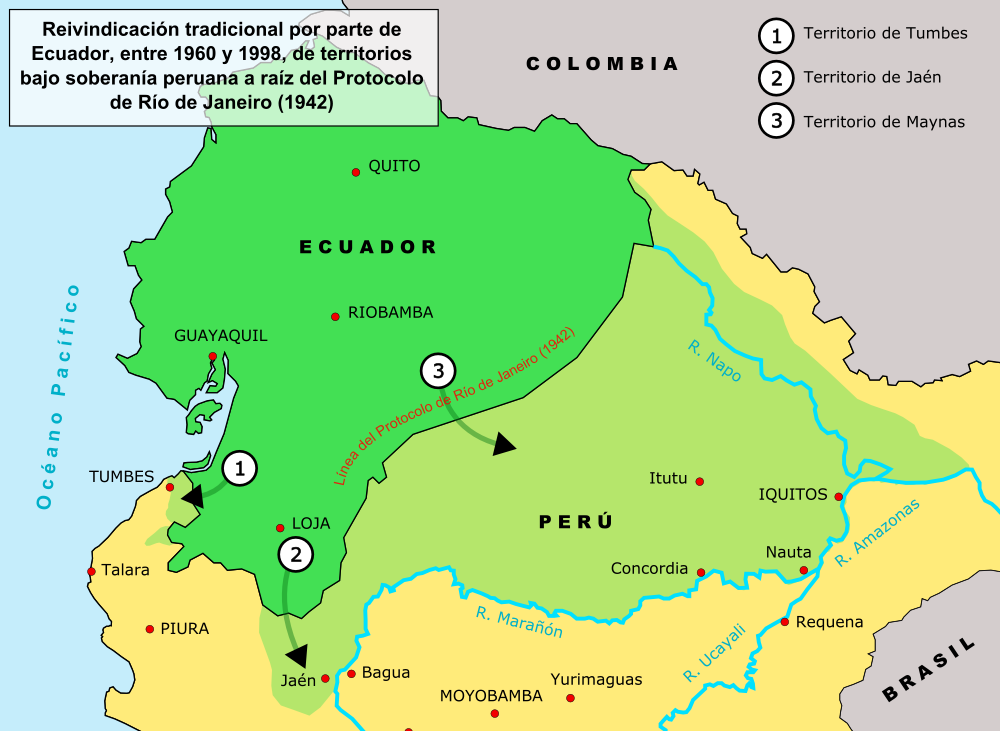The management of the resources of a community, country, etc., especially with a view to its productivity.
Economic System:
The system of production and distribution and consumption.
Scarcity:
Insufficiency or shortness of supply; dearth.
Land:
Rural or farming areas, as contrasted with urban areas: They left the land for the city.
Labour:
Productive activity, especially for the sake of economic gain.
Capital:
The city or town that is the official seat of government in a country, state, etc.: Tokyo is the capital of Japan.
Privately Owned:
A privately held company or close corporation is a business company owned either by non-governmental organizations or by a relatively small number of shareholders or company members which does not offer or trade its company stock (shares) to the general public on the stock market exchanges, but rather the company's stock is offered, owned and traded or exchanged privately.
Publically Owned:Or Public company, a company which is permitted to offer its securities (stock, bonds, etc.) for sale to the general public, typically through a stock exchange.
Public Good:
a good or service that is provided without profit for society collectively.
Shift left:
Left shift or Shift Left is an increase in the number of immature leukocytes in the peripheral blood, particularly neutrophil band cells.
Shift Right:
An increase in the percentage of multilobed neutrophils.
Consumers:
A person or organization that uses a commodity or service.
Producers:
A person who creates economic value, or produces goods and services.
Supply:
To furnish or provide (a person, establishment, place, etc.) with what is lacking or requisite to supply someone clothing; to supply a community with electricity.
Demand:
To call for or require as just, proper, or necessary: This task demands patients. Justice demands objectivity.
Competition:
the act of competing; rivalry for supremacy, a prize, etc.: The competition between the two teams was bitter.
Unemployment Rate:
the percentage of the work force that is unemployed at any given date.
Strike:
to hit or dash on or against something, as a moving body does; come into forcible contact; collide.
Collective Barganing:
the process by which wages, hours, rules, and working conditions are negotiated and agreed upon by a union with an employer for all the employees collectively whom it represents.
Labour Union:
an organization of wage earners or salaried employees for mutual aid and protection and for dealing collectively with employers; trade union.












































